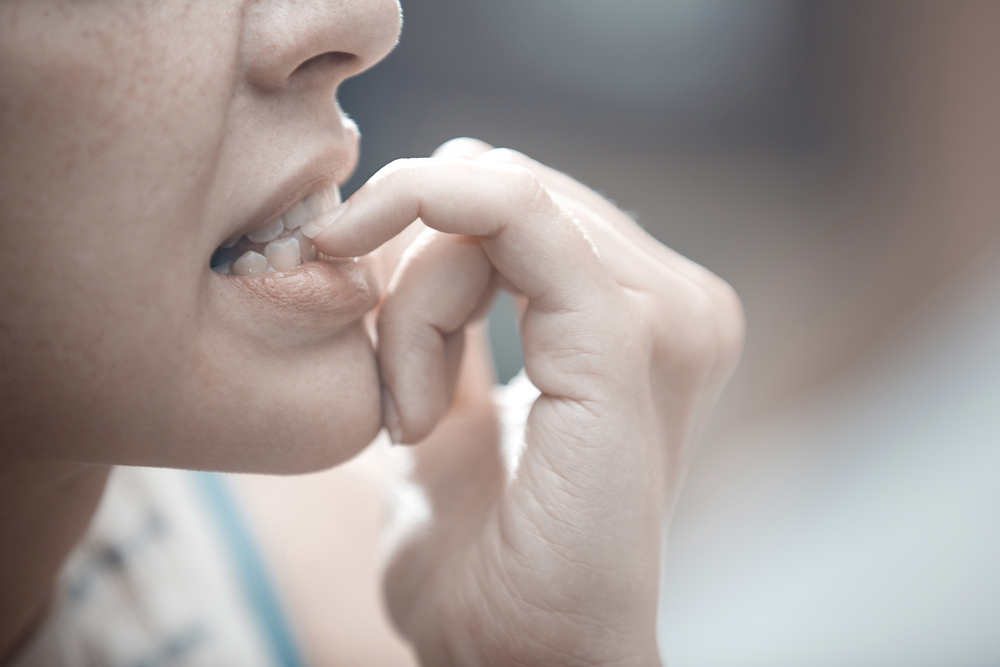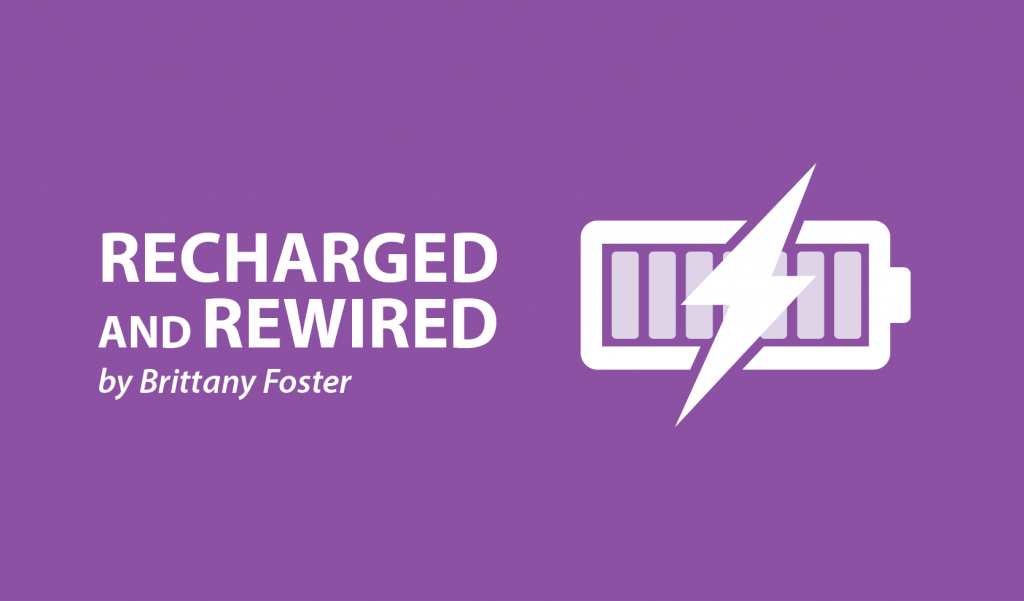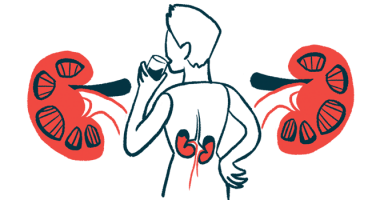The Many Ways Anxiety Showed Up in My Life with PH

Several factors caused me to develop anxiety. They include the trauma of surgeries for my congenital heart conditions that contributed to pulmonary hypertension, the fear of not knowing what was coming next, and failing to trust those who I should have depended on for protection.
During many of my school-age years, I questioned those around me, my own body, and how I felt. I overreacted to the smallest hiccup, overanalyzed almost every situation, and jumped to the worst possible situations.
During my elementary and middle school years, this anxiety was obvious. It could be seen in the way that I cried uncontrollably over a minor problem. It was the panic that took over my body as I convinced myself my sisters were missing when they were out of my sight for a minute in a store. It was the irrational thoughts that kept me up at night: What if the house burns down? What if my siblings are kidnapped in the middle of the night? What if they drown in the ocean? It was the fear of people I didn’t know and the fear of those I did. It was the way I convinced myself that I had done poorly on every single class assignment or test, just to realize later that I had received an A.
In high school, this anxiety wasn’t as easy for the outside world to see. Instead of obsessing over how badly I felt and how much energy I lost day to day, I focused on other things that would distract me. I didn’t want to think about my heart and lungs, and the effects they were having on my body.
I obsessed about my body in other ways. I became overly focused on dieting and exercise. I put all of my mental energy into being a perfectionist. This pursuit of perfectionism and this obsession with a number on the scale was much more than trying to get good grades and lose weight. For years, I had been fighting with a body that I didn’t recognize as my own.
I convinced myself that I was OK and pushed myself to the limits in sports and in school. I had enough of my body trying to control me, and this was my way of regaining control and putting it in my own hands.
Going to therapy for the first time when I was in college made me realize all of the things I had ignored over the years. The truth is, my obsessions and anxieties about unlikely scenarios as a child, the constant worrying about my siblings and their safety, the struggling through an eating disorder — all of these were distractions keeping me from acknowledging what was really going on.
It got to the point where my body started fighting against me, and I knew I had to address it. When I stopped myself and actually listened to my body, and was honest with my doctors after years of saying, “I’m fine,” I ended up with a pacemaker, a bypass surgery, and oxygen therapy for my low oxygen saturations with exertion.
Now that I have this diagnosis and medical knowledge that I didn’t have before, I have a new set of anxieties. I have anxiety about medical testing, upcoming appointments, and the unknown. I also have anxiety when thinking about if my condition will ever improve. I have a new set of fears, including the fear of death and of not being able to truly live.
The difference between now and then, though, is that I am addressing my anxieties head-on. I am aware of the fact that I can’t control my health, but I know I can do little things each day to take care of myself. When something is wrong, I acknowledge it. I call the doctor, and I tell my parents and those who care about me. I no longer obsess over unlikely scenarios as much.
Anxiety serves a purpose. When we are faced with something that is too difficult, it’s easy to look for distractions, to put our focus on something else. It’s important to address what is really bothering you and address the root of the anxiety.
***
Note: Pulmonary Hypertension News is strictly a news and information website about the disease. It does not provide medical advice, diagnosis, or treatment. This content is not intended to be a substitute for professional medical advice, diagnosis, or treatment. Always seek the advice of your physician or other qualified health provider with any questions you may have regarding a medical condition. Never disregard professional medical advice or delay in seeking it because of something you have read on this website. The opinions expressed in this column are not those of Pulmonary Hypertension News or its parent company, BioNews Services, and are intended to spark discussion about issues pertaining to pulmonary hypertension.









Comments